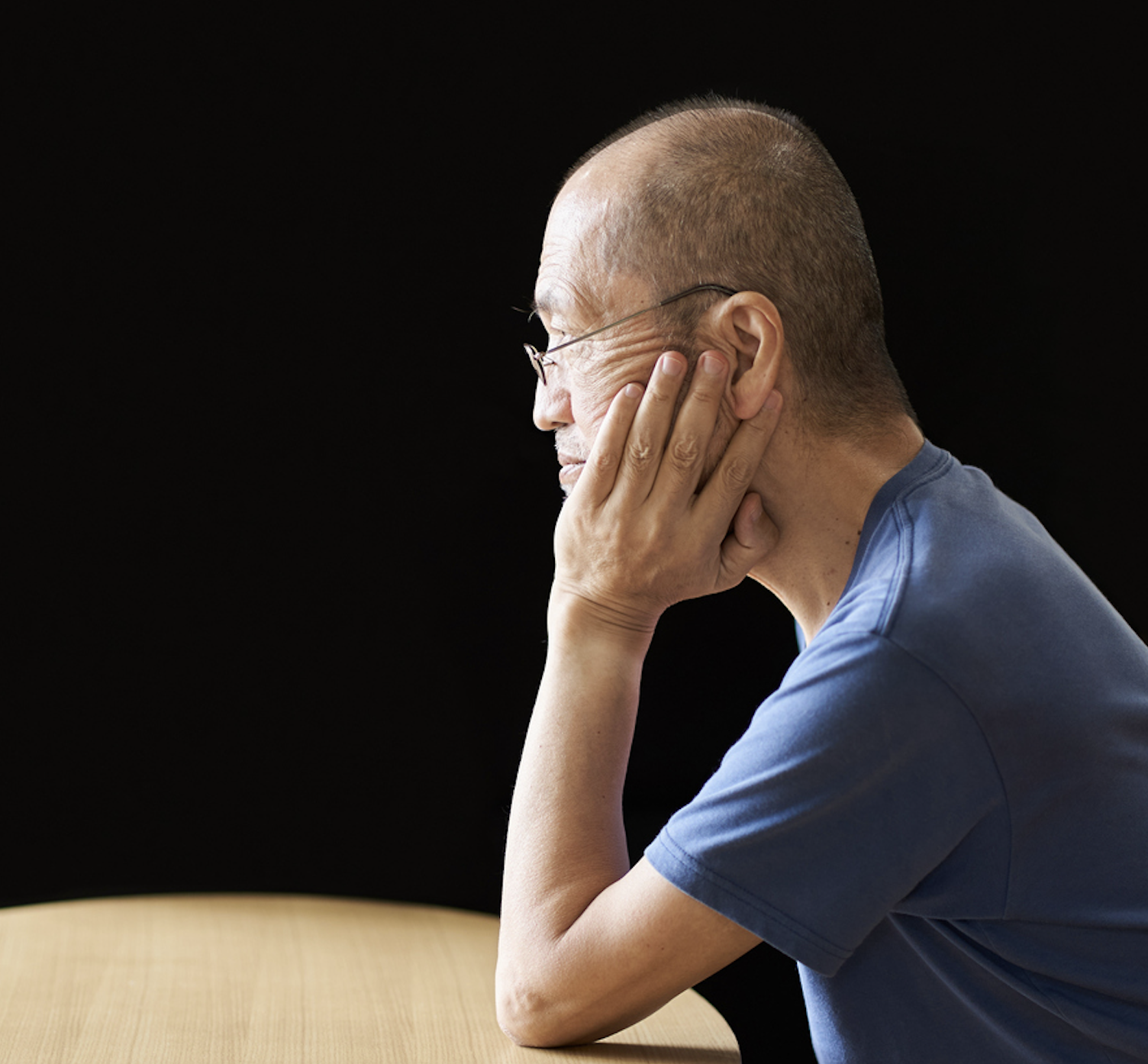Alone And Lonely: Responding To This Very Common Predicament
November 8, 2023

Is there a difference between being alone and being lonely? At this point, so many older adults are alone, vulnerable to the health consequences that are more likely as a solo ager and without the supports that typically allow an older adult to remain active and engaged. But does being alone mean you inevitably live a lonely life? Well, according to new research, not for everybody but for older adults, being alone is associated with more likely feeling lonely.
Published in the Journal of Research in Personality, this new study out of the University of Arizona used a phone app to collect sounds from over 400 people, ages 24-90 to see if a pattern emerged from being alone (fewer sounds) and feeling lonely. According to the researchers, among the younger participants, being alone and feeling a sense of loneliness were 2 completely separate phenomena. For older adults, however, there was a connection: “Among those 68 years and older, (it was) found that loneliness is strongly connected with being socially isolated. Why the discrepancy between young and old? The study did not determine that, though it’s been hypothesized that younger adults don’t necessarily equate being around others as a socially meaningful experience, but for older adults, whose social networks have likely diminished, being socially connected may offer a deeper emotional experience, so that its loss may be more deeply felt. The researchers did find that those who were alone more than 75% of the time were the most likely to feel lonely. You can read more about this study here.
If you’re feeling lonely, you’re definitely not alone. A recent survey by Gallup found that nearly one out of four people around the world feels lonely. Looking at the populations of over 140 countries worldwide, the survey found that while the highest rates of loneliness were among young adults, 17% of people over age 65 self-reported feeling very or fairly lonely. We’ve previously addressed the “epidemic” of loneliness that’s reported to exist in this country, and given the number of older adults alone, and the connection between being alone and feeling lonely, there’s no easy answer as to how to solve this problem. You may want to look at the recommendations and strategies addressed in previous agebuzz posts.
What’s interesting is that feeling lonely is not a strange emotion or a disease in need of “curing,” according to Harvard professor Dr. Jeremy Nobel, author of the new book, Project UnLonely: Healing Our Crisis of Disconnection. As Nobel sees it, feeling lonely is “the most human of feelings,” for which there should be no shame. We all feel lonely from time to time. Nobel believes that instead of pathologizing loneliness, we need to recognize and reframe episodes of loneliness as the signals that they are, akin to feeling thirst as a sign of needing water. In fact, feelings of loneliness are biological signals that cue us to remember we need other people in our lives. What’s worrisome, however, is if these signals go unheeded, our brains can literally change and distort to affect our cognitive and mental health and make us feel even more lonely.
Is the answer, then, to just socialize and get out there more? There are many ways to address feelings of loneliness, only one of which is finding more friends. Everything from uplifting your mood through the arts to examining your relationships with a range of connections (family, friends, work, nature, pets, spirituality, to name a few) can apparently help lift you out of a feeling of loneliness. Of course, a better understanding of what makes a good friendship and what you are looking for in a friend is also important in helping you forge new social connections to ease a sense of loneliness. Or, you can follow the advice of psychologist Marisa Franco, whose recommendations we’ve previously touted: Paying attention to people and just being present for them can be enough to spark a relationship. As she says, “You don’t have to charm people.” And you don’t have to feel shame or embarrassment about feeling lonely. You just need to recognize when you feel lonely and then understand what makes you curious or interested in others, and use that as your springboard toward making social connections.







